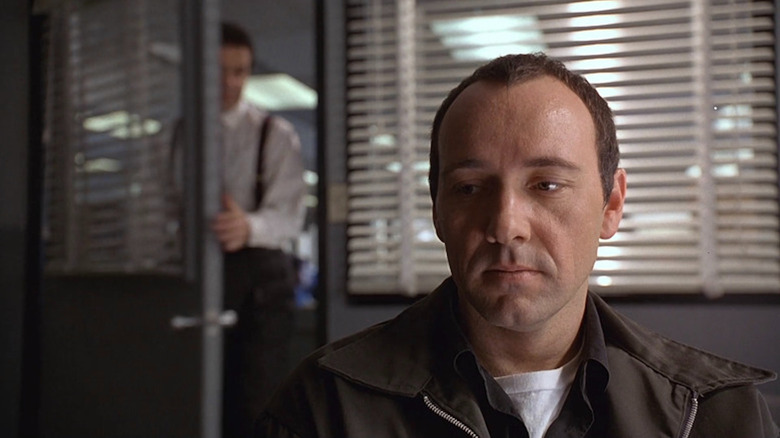During his nearly 50 years as film critic for the Chicago Sun-Times, Roger Ebert was known for being bright, passionate and, if a movie got him down, crazy. As seen in his weekly sparring sessions with the Chicago Tribune's Gene Siskel on their syndicated review show (which went by several titles but perhaps best known as “At the Movies”), Ebert could unleash a withering passion on a film that wasted his time and/or insulted him. his intelligence. He was notorious for his hatred of the 1980s flood of slasher films, as well as his How Could They Do That to Jennifer Jason Leigh? one star pan “Fast Times at Ridgemont High”. Filmmakers were occasionally hurt enough by his anger that they named characters who were snobbish, mean-spirited, or downright monstrous after him. (For example, Eborsisk in “Willow” was a hideous pairing of Ebert and Siskel.)
Ebert, of course, is hardly alone in this. Any critic tasked with watching over 200 films each year will need to blow off steam every now and then. As a reader, these reviews can be cathartic if you agree with the bad sentiment, or infuriating if you're on the other end of the spectrum. I adore Ebert as a writer and thinker, but I think he did his craft a terrible disservice when he not only rejected Blue Velvet by David Lynch as “disrespectful” art, but also accused the director of taking emotional liberties with his actors, especially Isabella Rossellini. Although the film absolutely extorts Rossellini, Ebert had no right to make such an accusation. How could he know what was going on in Lynch's or Rossellini's mind? Sticking to his guns after Lynch's interview at the New York Film Festival made him look even worse. (Ebert is also responsible for the critical scourge that is Rotten Tomatoesbut let's take one serious offense at a time.)
However, that's how criticism works. When you've been doing it long enough, there are movies that will take that squeamishness out of you and force you to go against the grain of conventional wisdom. If you don't agree, that's upsetting. When you agree, you rejoice. Sometimes when you walk out of a critically acclaimed film you wonder if the rest of the world is playing a prank on you, so reading a review expressing your confused outrage is like a delicious drink of ice water in the desert.
Here's the one time Ebert's contrary opinion quenched my insulting thirst.
Roger Ebert thought The Usual Suspects was too usual
When The Usual Suspects hit US theaters on August 16, 1995, it was met with acclaim by most critics. The timing of its release was crucial. Critics had just endured a summer filled with the usual low-key mainstream entertainment, and so were grateful for a well-received thriller that made them think. Most reviewers highlighted the performances while expressing amusement or delight at the confusion movie move with ending.
However, Ebert was not thrilled. In my one and a half star reviewhe noted that his frustration was compounded by a second viewing of the film, which he found to be an empty magic trick. He complained that the plot wasn't fully coherent and finally threw up his hands, writing, “As far as I understand, I don't care.”
“I'd rather be surprised by the motivation than the manipulation,” Ebert said, which remains my problem with the film. This isn't about the characters being unlikeable or hard to root for. The great noir films of the 1940s and 1950s are notorious for their villainous characters. It's about how the story is told from the perspective of Kevin Spacey's Verbal Kint, whose name might as well have been The Unreliable Narrator, and how the film's characters, however well-acted, are resolutely one-dimensional.
Ebert correctly saw Christopher McQuarrie's Oscar-winning screenplay as more of an exercise than a movie. The critic put the final nail in the coffin with the last sentence of his review: “To the extent that you want to see this film, it will be for the surprise, and so I will say no more, except that the 'solution', when it is available, solves little—if not really little to solve, which is also a possibility.”
Source link













